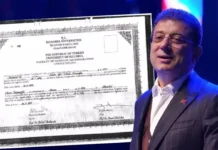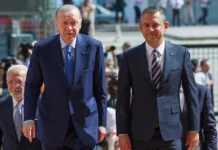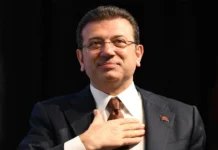Police detained eight members of a women’s platform in İstanbul on Tuesday for staging a demonstration in a prohibited area, local media reported.
Members of an İstanbul-based women’s platform, Avcılar Kadın Platformu, gathered on Tuesday to protest violence against women and to call on Turkish women to join a demonstration to be held on November 25, the International Day for the Elimination of Violence against Women.
The United Nations had earlier called on women’s organizations to join 16 days of activism led by the UN secretary-general and UN Women since 2008. According to a UN statement, the International Day for the Elimination of Violence against Women will mark the launch of the UNiTE campaign (November 25- December 10) — an initiative of 16 days of activism concluding on the day that commemorates International Human Rights Day (December 10).
Femicides and violence against women are serious problems in Turkey, where women are killed, raped or beaten every day. Many critics say the main reason for the situation is the policies of the Justice and Development Party (AKP) government, which protects violent and abusive men by granting them impunity.
At least 275 women in Turkey were killed by men between January and October 2022 despite the government’s claim that the number of femicides in the country is trending downward.
Turkish President Recep Tayyip Erdoğan sparked outrage in Turkey and the international community after he issued a decree in March 2021 that pulled the country out of an international treaty that requires governments to adopt legislation prosecuting perpetrators of domestic violence and similar abuse as well as marital rape and female genital mutilation.
The Council of Europe Convention on Preventing and Combating Violence against Women and Domestic Violence, better known as the Istanbul Convention, is an international accord designed to protect women’s rights and prevent domestic violence in societies and was opened to signature of member countries of the Council of Europe in 2011.
Five years ago, the #MeToo movement, founded by activist Tarana Burke in 2006, exploded and sparked global mobilization creating a moment of urgency in preventing and responding to violence against women and girls.
Since then, unprecedented awareness and momentum have been created thanks to the relentless work of grassroots activists, women’s human rights defenders and survivor advocates worldwide to prevent and eliminate violence against women and girls.















